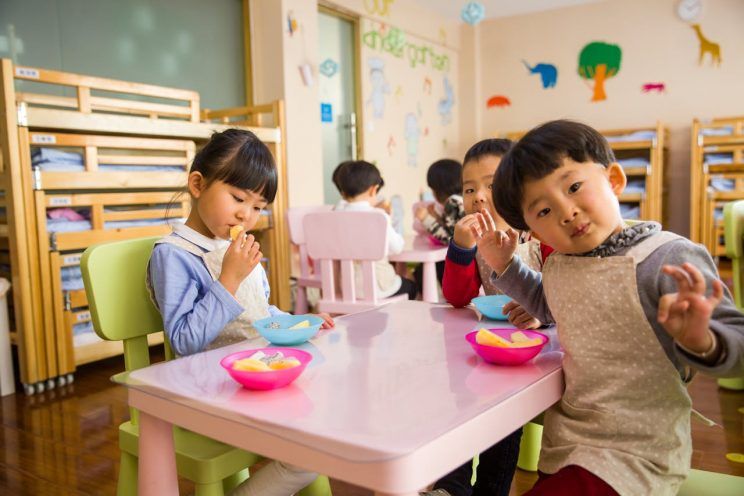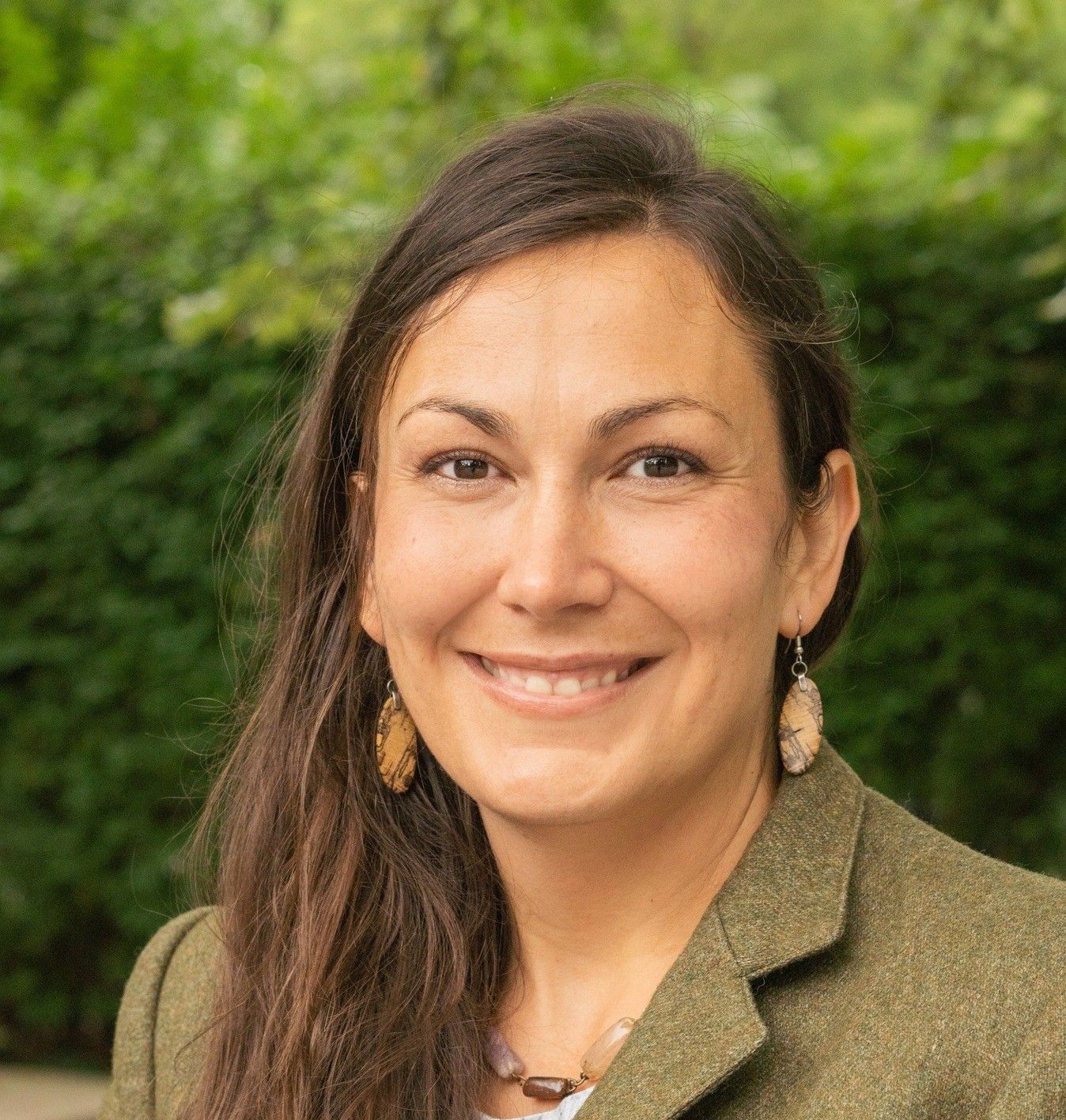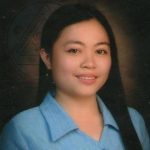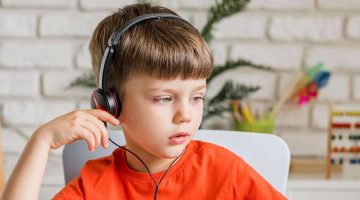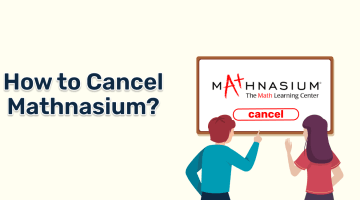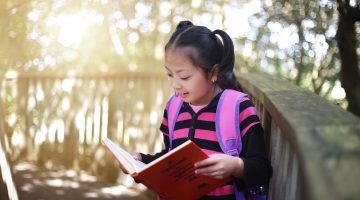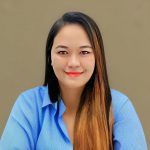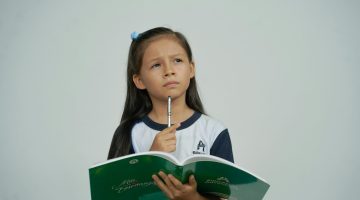11 Preschool Philosophy Educational Models
reviewed by Jo-ann Caballes
Updated on September 12, 2024
Preschool is the perfect time to show your kid what their future education process will look like. Meanwhile, you should still remember that they still just want to have fun. To ease your parenting journey, we’ve gathered 11 different preschool philosophies and briefly explained each of them. Let’s dive into the world of youth education!
What is Brighterly philosophy of early childhood education?
While Brighterly primarily focuses on school students, we are highly encouraging early childhood education. It prompts kids to eagerly explore the world and sciences throughout their whole lives.
Brighterly’s tutoring approach emphasizes the individual needs and interests of each child. Just like listed early childhood education philosophies, we also encourage an interactive game-like approach, using games, puzzles, and real-world examples to make tutoring sessions fun and relevant.

Brighterly’s tutors help your kid strengthen their present knowledge, seal potential experience gaps, and build math confidence for their future success. That’s why we’ve gathered ten proven early childhood teaching philosophy examples to save you time.
11 Most Popular Preschool Philosophies
- Montessori
- Brighterly
- Waldorf
- Reggio Emilia
- Project-based approach
- Emerging education
- Bank Street
- Religious
- Bilingual (language immersion)
- Cooperative
- High scope
Preschool Philosophy #1: Montessori
Montessori preschool teaching philosophy is based on a child’s natural observation and examination habits. This method lays on principles that you should let a kid learn at their own speed and develop their independence by letting them make their own choices.
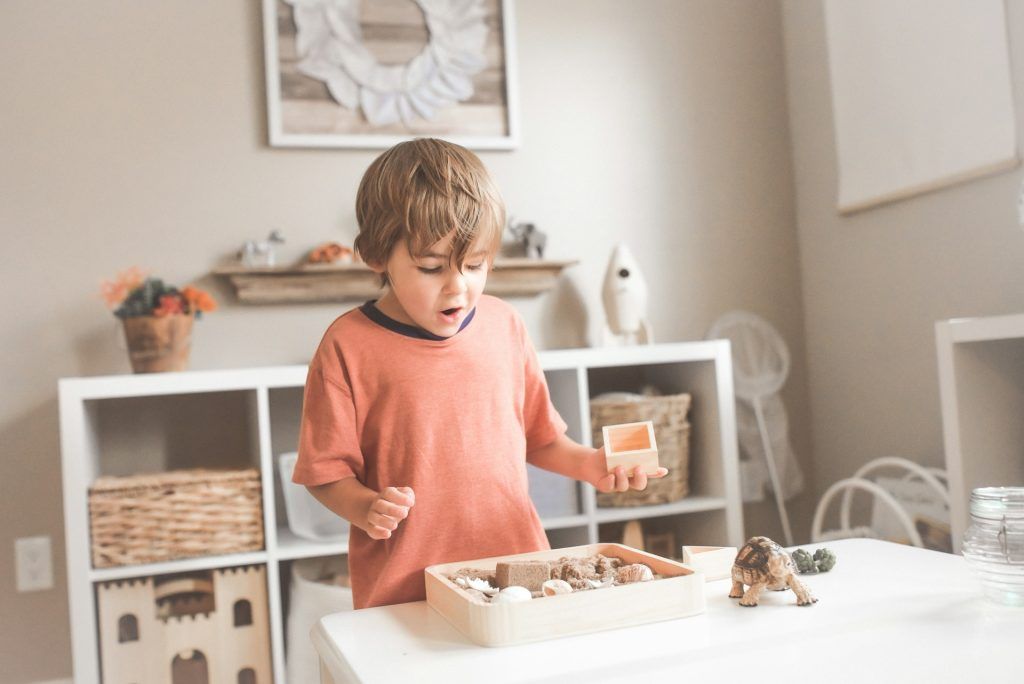
Here are 5 key principles of Montessori philosophy:
- Respect for the child: Children are seen as individuals with unique needs and interests.
- Prepared environment: The classroom is carefully designed to meet children’s physical and developmental needs in their current age group. Montessori classrooms for 1-3-year-old kids are totally different from 5-6 y.o. classes.
- Hands-on learning: Children learn through concrete experiences and the manipulation of materials.
- Sensitive periods: Montessori teachers know that even kids of the same age can go through different development phases with their specific needs.
- Community: Children develop a sense of community while fostering courtesy, discipline, and kindness.
Jess Davis, a founder of Montessori Minds Consulting, shares her experience in applying this approach:
“Montessori preschool focuses on holistic development and foundational learning”
Preschool Philosophy #2: Brighterly
Preschool philosophy in Brigterly is based on the idea that there are no physical boundaries when it comes to education. Your kids can study everywhere and anywhere, as our tutors work with them remotely.
Brighterly approach is a play-based learning philosophy where we use fun activities to teach a kid different math approaches. We play games, asking riddles to ensure that they understand the logic behind the task and why they need to do the chosen action sequence.
Our main aim is to show your kid that math is a vital subject that wraps around every aspect of human life. We share various worksheets for every age group, from kindergarten homework worksheets to middle school kids.

So, you can do math with your child even between our sessions to ensure that they understand all crucial concepts.
Preschool Philosophy #3: Waldorf
The Waldorf preschool philosophy emphasizes holistic child development and a deep connection to nature. Waldorf schools aim to nurture the whole child, including their physical, emotional, and cognitive development.
Tutors at Waldorf schools may stay with the same class for almost seven years to create a family-like bond. Preschoolers use only natural materials like ropes, shells, and beeswax crayons instead of synthetic ones like plastic or iron.
Answering questions like “What is the Waldorf philosophy for preschool?”, it’s safe to say that its main goal is to create an exciting study space that doesn’t look like a traditional kindergarten but more like a family gathering vibe where students naturally explore the world with tutors.

At the same time, Waldorf schools follow a predictable daily rhythm and seasonal curriculum, providing a sense of security and stability. Kids spend a significant amount of time outdoors, connecting with nature and learning about the environment.
Preschool Philosophy #4: Reggio Emilia
The Reggio Emilia preschool philosophy is a child-centered learning approach that emphasizes children’s innate curiosity and creativity. Here, kids are active learners since instead of listening to lectures, they are free to explore and experiment with the environment to solve the task.
The Reggio Emilia philosophy on early childhood education places a strong emphasis on documentation, teaching your kid to record their education process through various methods, such as drawings, photography, writing mini-shows, etc.
Preschool Philosophy #5: Project-based approach
Project-based learning (PBL) focuses on real-world problem-solving. Here, kids assemble in teams to investigate and solve problems with the teacher.
No one can escape taxes, so it’s better to teach your child how to do them from their early days. That way, they feel no stress during their first tax season
For instance, instead of learning math actions in a traditional, boring way, they can create a family budget. There are four key principles of the PBL approach:
- Authentic inquiry-based learning, where kids solve real-life problems.
- Constant collaboration with other kids and tutors.
- The integration of multiple subjects in one study session witnesses the interconnections between different subjects.
- Student-centered education process where kids are the only ones responsible for decision-making within the process.
Project-based learning is basically a miniature of a small office where kids can try adult roles in a safe environment. Here, they can try different roles, learn how to collaborate and solve problems creatively in a safe space.
Preschool Philosophy #6: Emerging Education
Emerging Education is a relatively new preschool philosophy that incorporates neuroscience insights to understand how children’s brains develop and learn. Here, students can get a personalized learning experience and use educational apps, interactive tools, and VR games as part of their study process.
Just like in the previous case, kids solve real-life problems. Instead of boring math with boring traditional tasks, they create budgets and timetables for different situations. This philosophy in educating preschool children can help them calculate groceries, bake pastries, and more.
Preschool Philosophy #7: Bank Street
The Bank Street preschools focus on children’s well-being, boosting their soft skills. There is no standardized curriculum, as kids can modify their play/study plan. Here, teachers are friendly tutors who help children seal knowledge gaps.
Despite the name choice in “Wolf of the Wall Street” style, this philosophy concentrates on student’s mindfulness rather than hard skills
Bank Street’s philosophy of preschool education encourages community involvement. If you choose this approach, be prepared for regular field trips and family involvement in school activities. That way, your kid will have fun with their peers while bonding with you.
Preschool Philosophy #8: Religious
Religious preschool philosophy suits families who want to keep their traditions with younger generations. Those kindergartens still teach math, literature, and other traditional disciplines.
The main difference is that religious schools often have additional lessons that explain the details of their religion. Some even can teach kids specifics of different religions so students will understand their peers who share a different confession.
Besides teaching traditional disciplines, those preschools explain to kids the history, beliefs, and practices of their faith. In religious preschool philosophies, children are encouraged to participate in community service activities and develop a sense of belonging to their religious denomination.
Preschool Philosophy #9: Bilingual (Language Immersion)
The bilingual preschools suit families who are open to learning new cultures. During these few years, your kid will learn multiple languages and cultures.
These institutions are also great for immigrant families who want to teach their kids both English and their parent’s language. The most common bilingual preschools are Spanish (for Latin kids), French, and Italian. Bilingual kindergartens for other cultures are often located only in diaspora districts.
The classroom environment under the bilingual philosophy of early childhood education is designed to create an immersive experience in both languages. Teachers use both languages in their interactions with children. Bilingual preschools promote cultural awareness among kids.
Preschool Philosophy #10: Cooperative
Cooperative kindergartens are totally different from traditional institutions. There is no pre-decided curriculum, as they are usually founded by a local parent’s community. Sometimes, cooperative preschools hire tutors and nannies to help them teach specific stuff, but it’s not always the case.

A cooperative kindergarten often looks like the local community decides to book multiple proven babysitters and tutors. It’s a great affordable alternative to traditional preschools
At the same time, here, kids can see what actual democracy looks like. As we said, there is no pre-decided syllabus, as parents can vote on what their kids will learn this month or year.
This early childhood education philosophy also can teach kids to take responsibility for their choices. But how? Here kids also can vote for less significant things like daily activities or lunch food. So, if they are dissatisfied with their chosen lunch, parents can show them that it’s a direct outcome of the child’s choice. It teaches kids to make more conscious choices throughout life.
Preschool Philosophy #11: HighScope
The HighScope philosophy suggests that children need to build their own knowledge through direct interactions with the environment. So, there are no boring lectures, as here kids will test everything.
Its curriculum is based on a series of key development indicators (KDI) that are used to design an encouraging classroom for every student. HighScope philosophy of early childhood education kindergartens uses a portfolio assessment system to document and monitor children’s learning progress over time. Later, preschool teachers use this KDI portfolio to choose activities and projects that suit their kids the most.
These kindergartens don’t have strict daily plans, as kids can modify their own syllabus here. It creates a sense of agency and ownership over their learning.
Conclusion
Early childhood experiences are crucial, as they lay a foundation for every aspect of a kid’s life. So, you need to ensure that they study in a friendly environment with kind tutors and classmates. Don’t forget to support your child every step of their educational journey, from preschool to their university years.
Math is a tricky subject, even in the first grade, so you may need a tutor’s help.
Book a first free math tutoring session at Brighterly for your school kids to give them a strong educational foundation.

